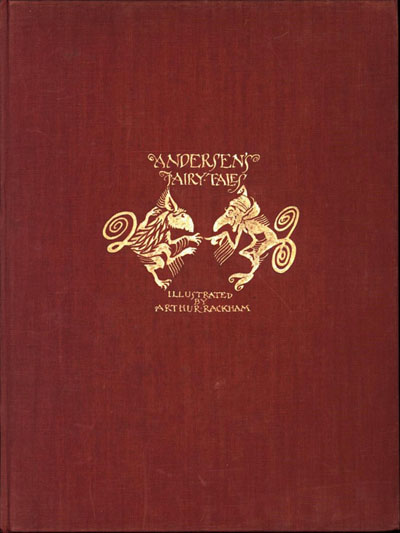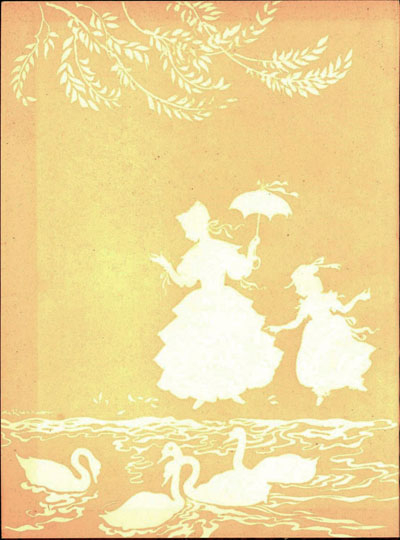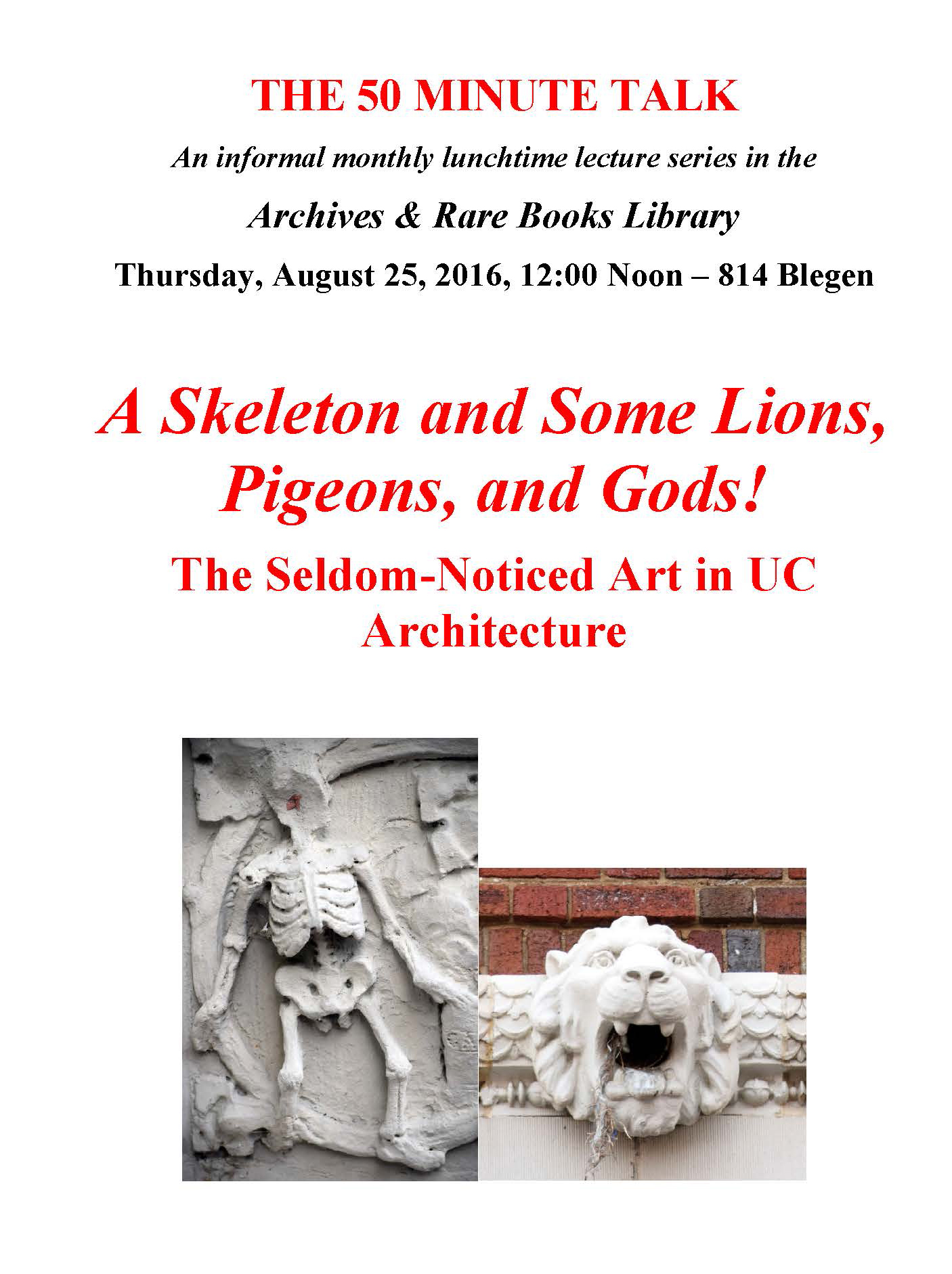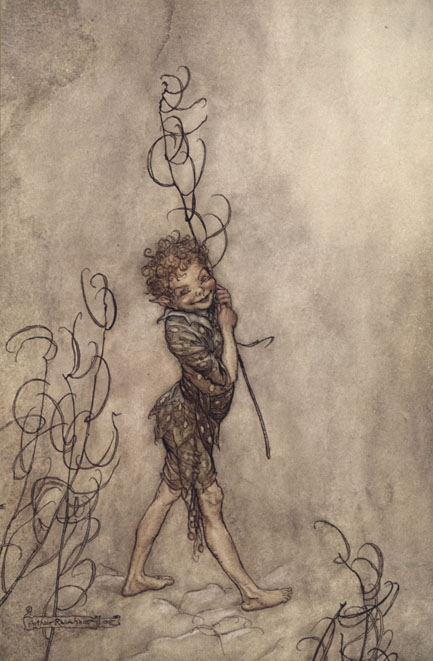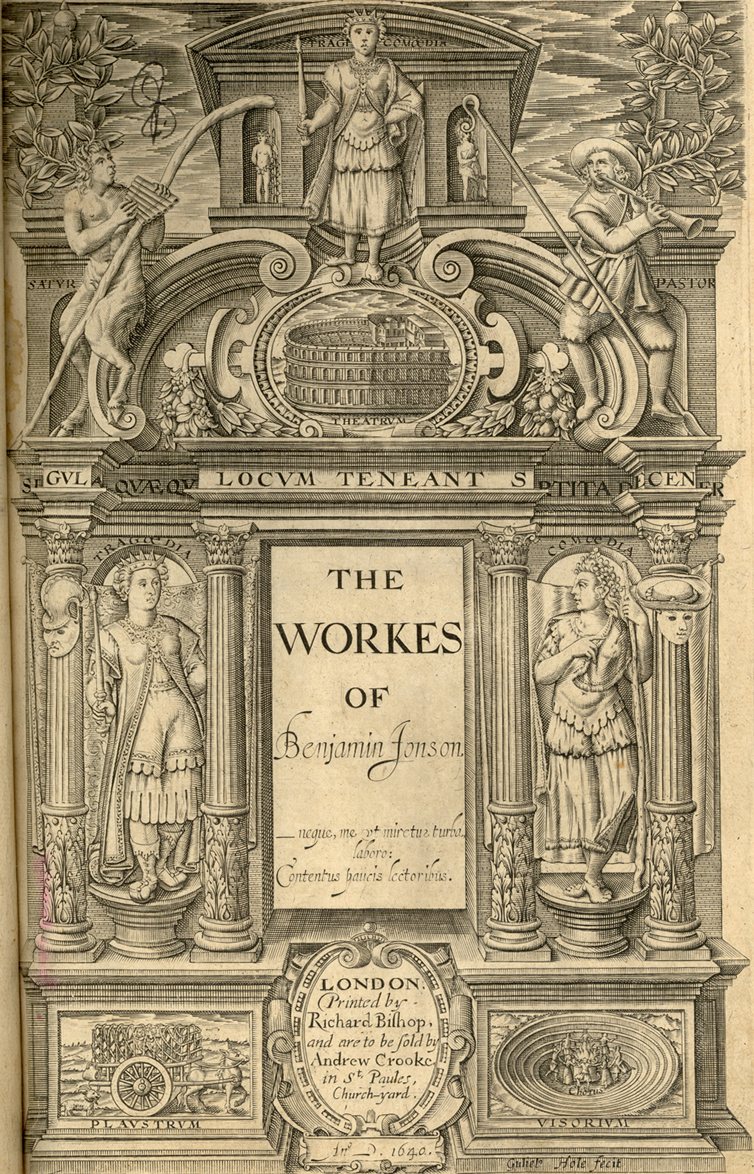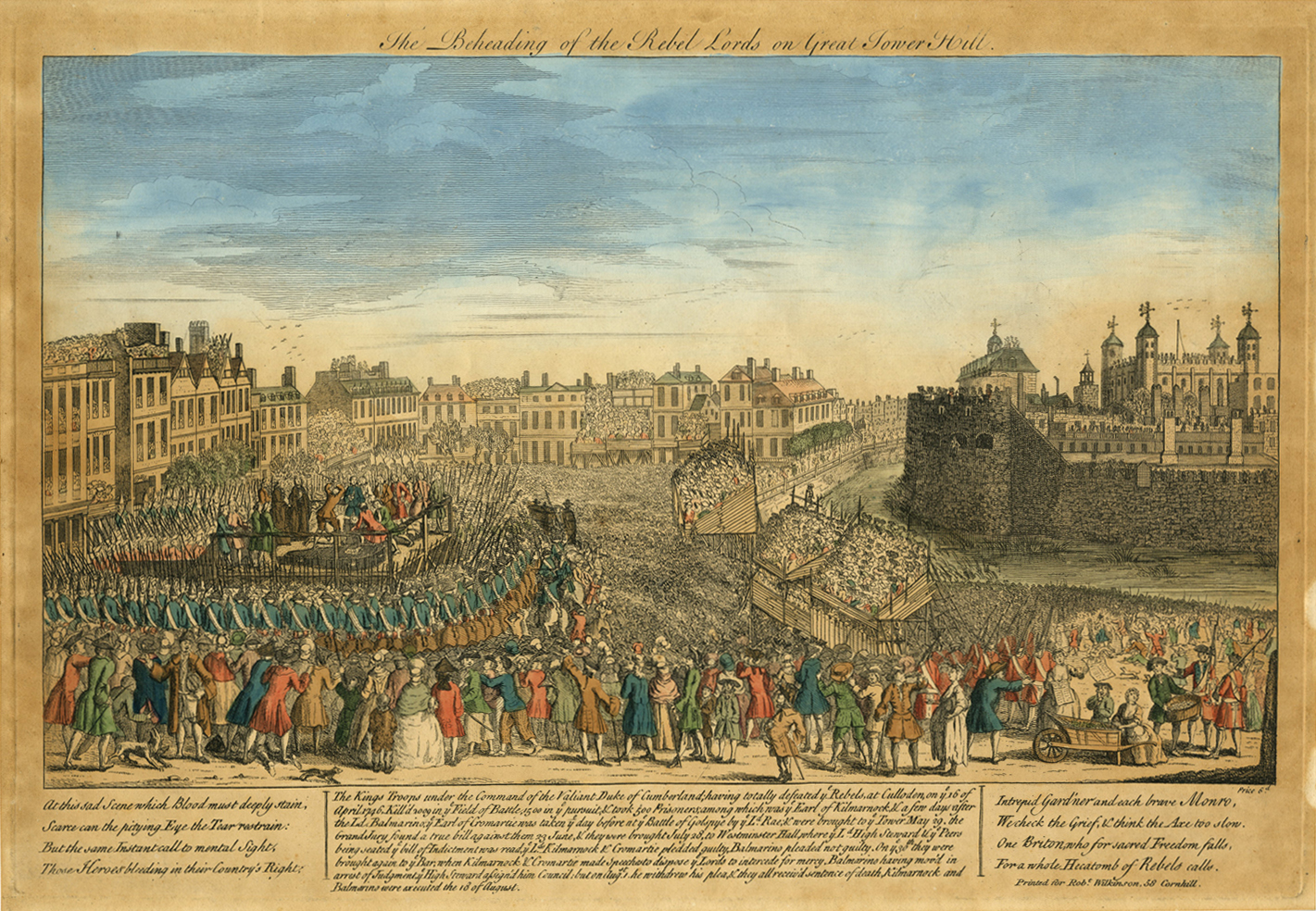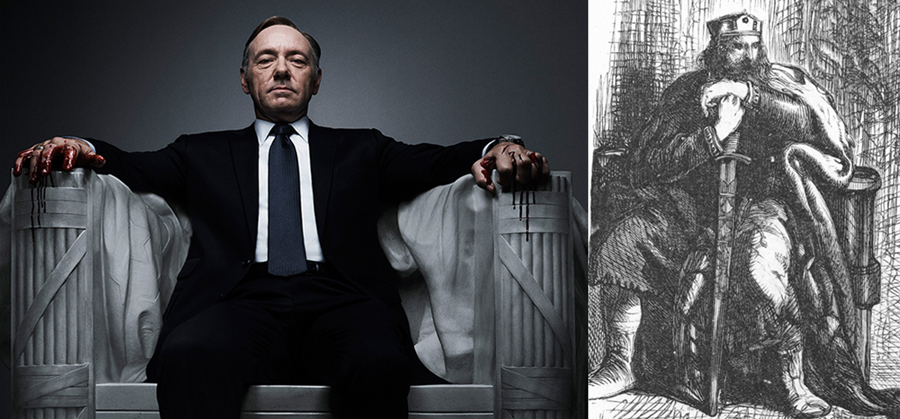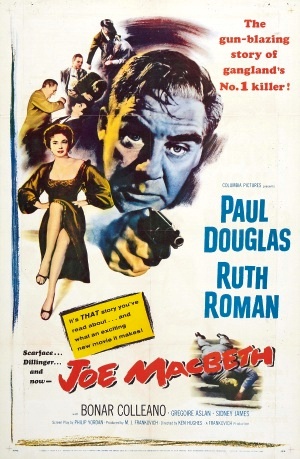By: Bridget McCormick
Hans Christen Andersen was born in Odense, Denmark on April 2, 1805. Hans Andersen Sr. died in 1816, leaving his son and a wife, Anne Marie. While Andersen was not born into wealth, he was finely educated, which has led to speculation that he was secretly an illegitimate child of the Danish royal family. These rumors have never been confirmed.
By 1819, Andersen returned to school supported by a benefactor named Jonas Collin. At the time, he was working as an actor. However through Collin’s encouragement, Andersen began to write. Despite the support, during this period of Andersen’s career, his work was often discouraged by teachers. Continue reading

